The purpose of the meeting is to discuss the issue of climate change and each nation’s contribution and efforts to address their emissions. This year, the meeting was relocated from Chile to Madrid, giving Macra na Feirme the opportunity to send a delegation.
It was a wonderful opportunity for Macra to learn about the key issues facing both farmers and rural communities as the effects of climate change are creating a changing environment for rural life.
Actions to reduce national emissions are increasingly becoming more important to voters, creating a change in government policy such as increases to carbon taxes, which will have a disproportionate effect on rural inhabitants.
Each day was assigned to separate key stakeholders, with Wednesday hosting Farmers’ Day where groups such as the World Farmers’ Organisation took to the main stage. Several events were held around the issues of emissions due to farming and food production. In the Irish context, both discussion around livestock and soil management were key. Ireland has one of the richest stores of soil carbon due to climate and the grass-based nature of our agriculture.
During the week, the intergovernmental panel responsible for much of scientific discussion behind climate change, the IPCC, launched its Special Report on Climate Change and Land, including a summary for policymakers. There is much in this report important to farmers, both positive and negative. The report’s focus on rewarding farmers for soil protection, decreasing erosion and improved livestock management will all be welcomed – changing diets less so.
When topics of transportation were discussed, the focus was similar to discussions happening at national level in Ireland, namely how to encourage public transport while reducing the number of people dependent on diesel and petrol cars. However, the perspective of rural dwellers was again almost totally absent.
While there was a clear focus on the value of youth to the climate movement, in no small part because of Greta Thurnburg and the climate strikers, what became clear is the voice of rural young people was almost entirely absent. The few young voices from rural areas were remarkable young people from lower-income countries. There is an opportunity now for Macra and our European partners in Rural Youth Europe and CEJA to fill this void. It is clear that if rural Irish youth are not engaged in making climate change policy, those policies will be made for us without us.
I will finish with the words of Theo de Jager, president of the World Farmers’ Organisation, summing up the challenges farmers worldwide will face and why unity is needed, not just nationally but internationally: “We cannot keep people out of the farm – consumers want to know. We cannot exclude the developing world. As long as Africa is hungry, Europe cannot sleep. You cannot keep out climate change. It does not respect your fences”




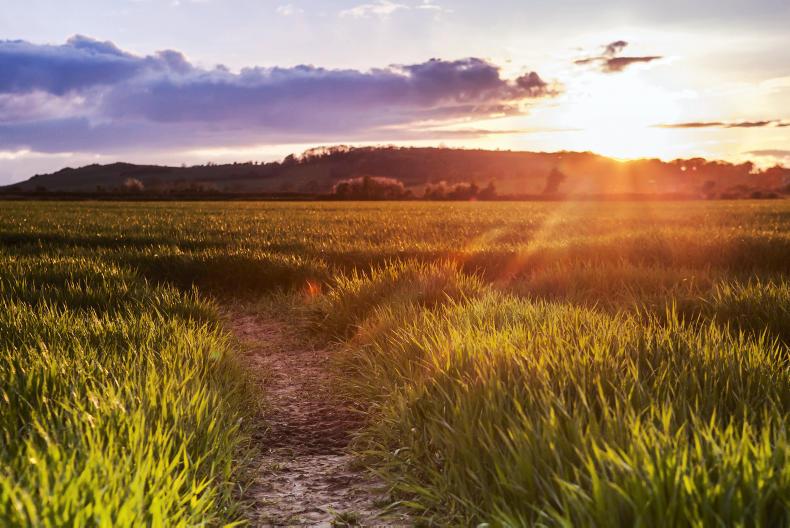
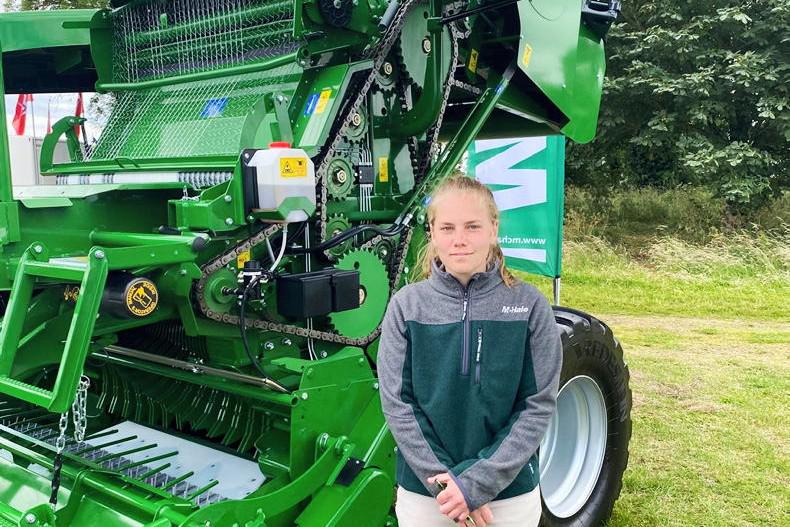
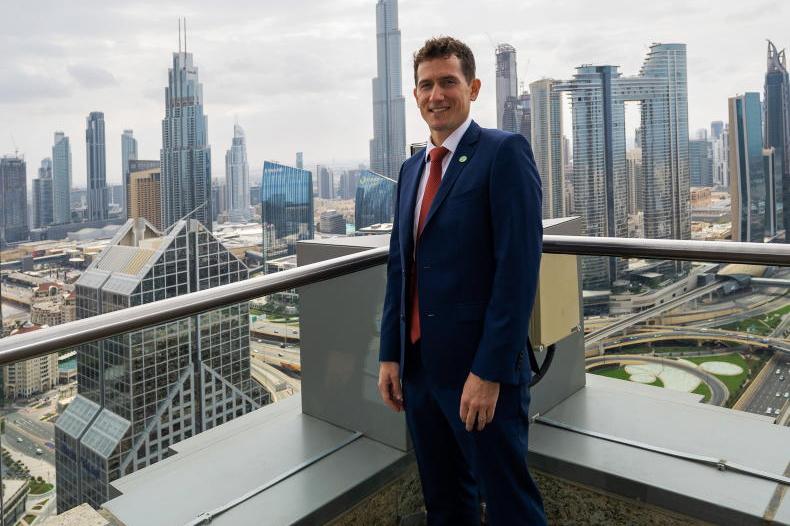
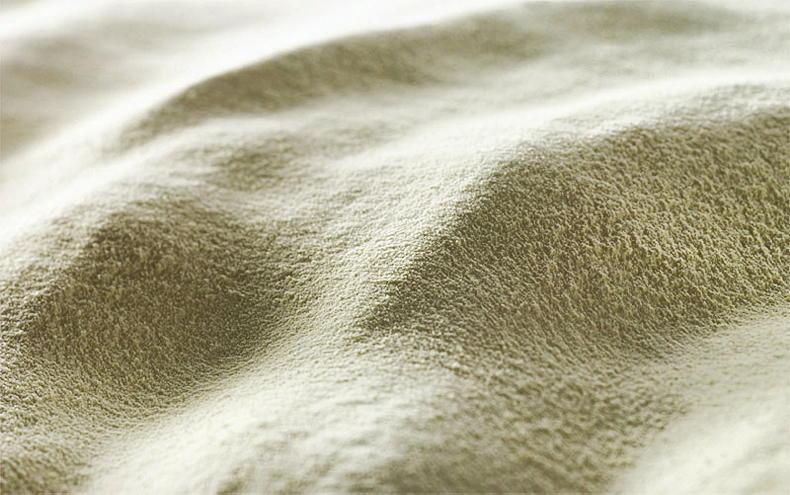
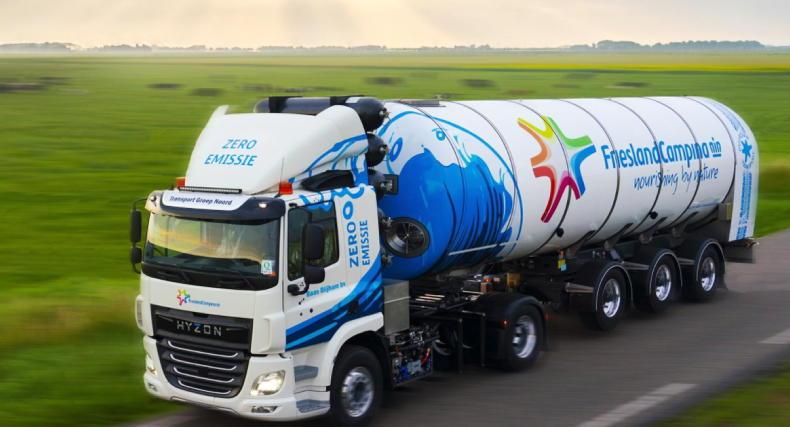
SHARING OPTIONS